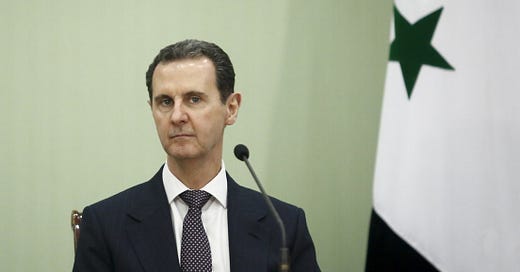ALBA-TCP expresses support for Syria
Who are the opposition groups? Are they rebels or terrorists?
On December 1, 2024, ALBA-TCP emitted the following communique.
The Member States of the Bolivarian Alliance for the Peoples of Our America – Peoples' Trade Treaty (ALBA-TCP) express their solidarity with Syria, as well as express their categorical rejection and condemn the violent events reported in Aleppo and other areas of the country, promoted by terrorist groups seeking to attack the constitutional government of President Bashar Al-Assad.
ALBA-TCP calls on the international community to firmly reject – unequivocally and without hesitation – these criminal events that seek to divide and destroy a millenary multicultural society in a country that has had to face and endure a war for over 13 years, fueled by external interests.
The Bolivarian Alliance demands full respect for the independence, sovereignty and territorial integrity of this sister Arab nation and the self-determination of the Syrian …



